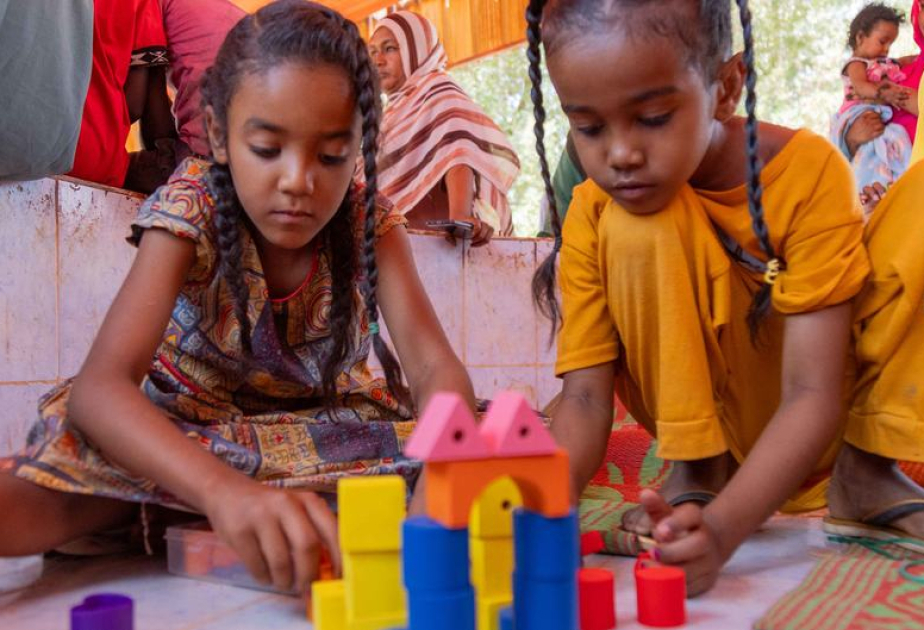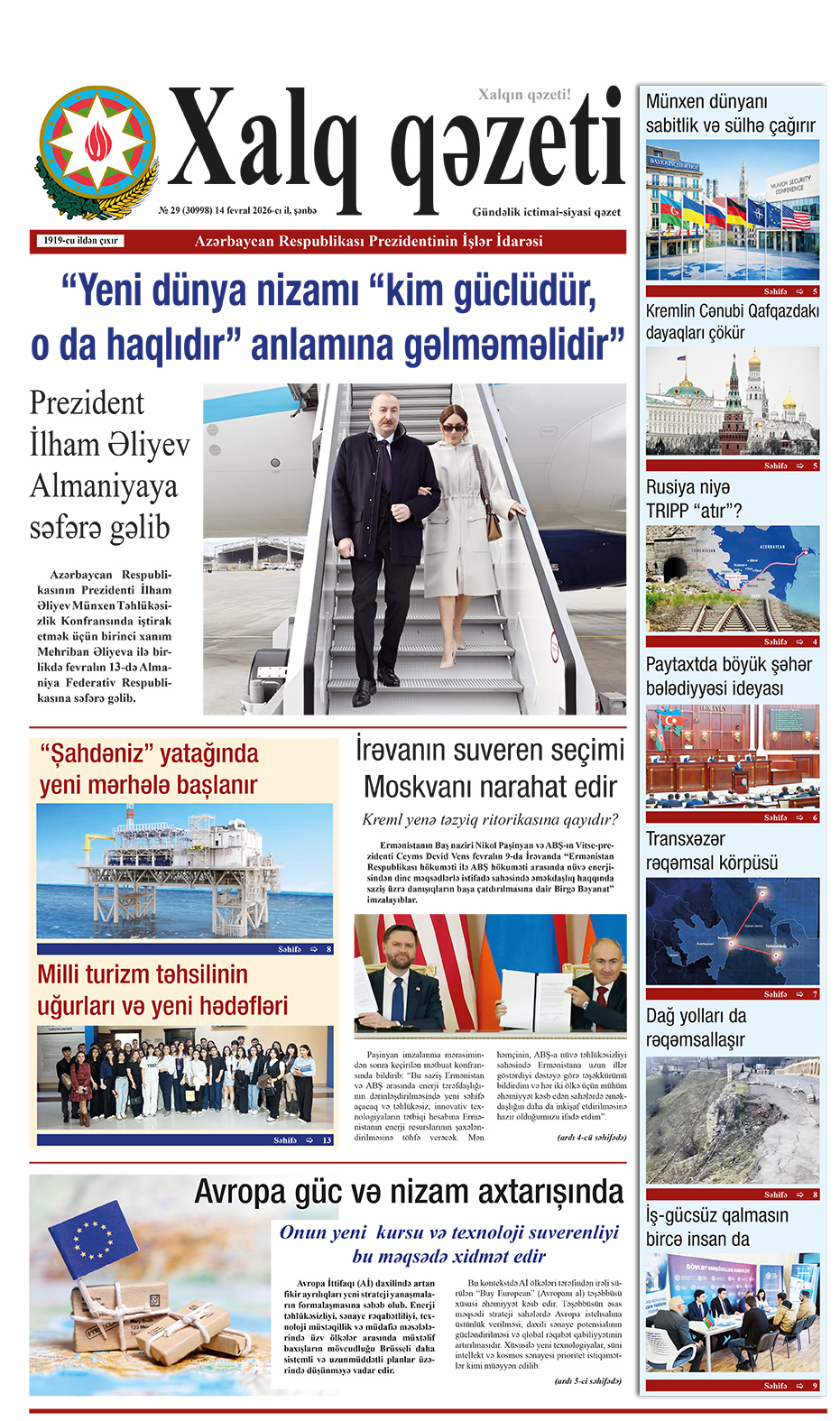As the devastating conflict in Sudan moves into its third year, the number of children needing humanitarian aid has surged, from 7.8 million at the beginning of 2023 to over 15 million today, Anadolu Agency reported citing the UN Children's Fund (UNICEF) said on Tuesday.
"Without urgent action, Sudan’s dire humanitarian crisis could tip into greater catastrophe," a UNICEF statement warned.
Violence, hunger, and disease are rising, displacement is worsening, aid access and funding are declining, and the approaching rainy season threatens to bring floods and increased malnutrition, it added.
“Two years of violence and displacement have shattered the lives of millions of children across Sudan. Needs continue to outpace humanitarian funding,” UNICEF Executive Director Catherine Russell said.
Stressing that reaching children already suffering from malnutrition and disease will become even more difficult as the rainy season approaches, Russell called on the international community to act now and support Sudan’s children during this critical time.
Noting that Sudan is suffering the world's "largest" humanitarian crisis and child displacement emergency, UNICEF said half of the 30 million people needing aid in Sudan are children and added that more than half of the 15 million displaced during the conflict are also children.
It said that "almost one in three are under the age of five," and that around 90% of children are out of school while the famine is worsening, vaccination rates are falling, and returning home is dangerous due to unexploded ordnance and limited services.
Grave violations against children, once limited to areas like Darfur, Blue Nile and South Kordofan, have now been verified in over half of Sudan’s 18 states due to the ongoing conflict, UNICEF said.
The most common abuses include killings, abductions, and attacks on schools and hospitals, with the highest numbers reported in the Darfurs, Khartoum, Aljazeera, and South Kordofan over the past two years, it underlined.
Emphasizing the deteriorating conditions for reasons, including famine and outbreaks of diseases, the UN agency stated that access to children by humanitarian workers is worsening due to escalating conflict and restrictions imposed by government authorities or armed groups.
"In 2024, over 60 per cent of UNICEF’s aid deliveries were delayed amid a highly volatile security environment.
"Although no missions were cancelled or aborted, these repeated delays disrupted the timely delivery of assistance and hindered access to children in urgent need," it added.
Funding for life-saving services in Sudan is "critically low," with UNICEF appealing for $1 billion in 2025, the agency said.
UNICEF also said that it has provided vital services, including psychosocial support, education, and nutrition for millions of children and families despite limited funds.
Stating that the Northeast African nation is not receiving the attention of the world despite facing the world's "biggest" humanitarian crisis today, Russell added: “We cannot abandon the children of Sudan.
"We have the expertise and the resolve to scale up our support, but we need access and sustained funding. Most of all, children in Sudan need this horrific conflict to end."




















